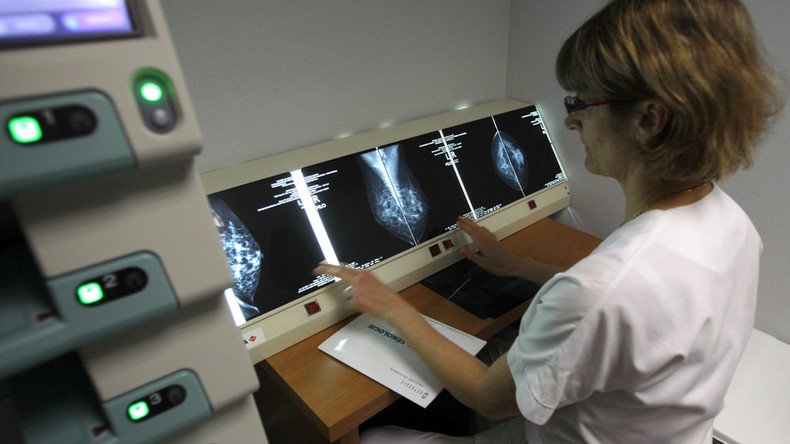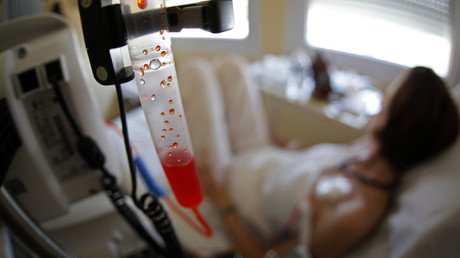Saliva savior? Patients to be given ‘100% accurate’ 10-minute cancer test

There soon might be no need to undergo a whole series of medical procedures to detect cancer. Scientists are developing a test that would spot the disease in just 10 minutes, using just a little of the patient's saliva.
“We need less than one drop of saliva and we can turn the test around in 10 minutes. It can be done in a doctor’s office while you wait,” David Wong, professor of oncology at California State University, said at the American Association for the Advancement of Science annual meeting in Washington.
Saliva can be used for the test as it is possible to spot tumor DNA in bodily fluids, he explained.
The team came up with the idea after they found out that saliva contained fragments of the genetic messenger molecule RNA linked to cancer.
“If there is circulating signature of a tumor in a person's blood or saliva, this test will find it,” Professor Wong said, The Telegraph reported.
It is possible to receive a diagnosis as early as the tumor develops, he stressed, adding that the test is very simple and could be carried out anywhere, even at home.
“The advantage of our technology is that it is non-invasive. If you have a credible early screening risk assessment technology that people can use on their own or at dentists’ office or pharmacists – that’s the key, early detection,” Wong said.
Moreover, the diagnosis is 100 percent accurate, the scientist said.
The same cannot be said about current cancer tests. To detect cancer the traditional way, scientists have to take a biopsy and sequence a tumor. This method only allows doctors to monitor the spread of cancer, but cannot be used for an initial test.
Clinical trials on lung cancer patients are expected to be launched later this year to check the validity of the new test. The test also needs to be approved by the Food and Drug Administration in America.
The scientist hopes the test would be fully implemented in Britain by the end of the decade and would be used for other forms of cancer, such as oral cancer.













